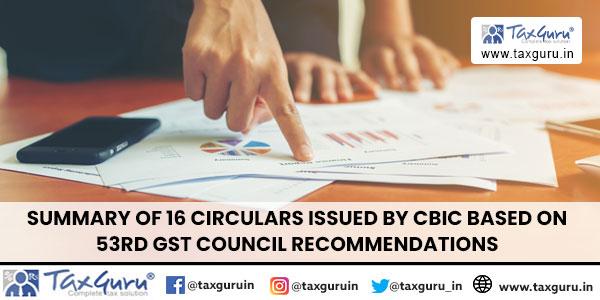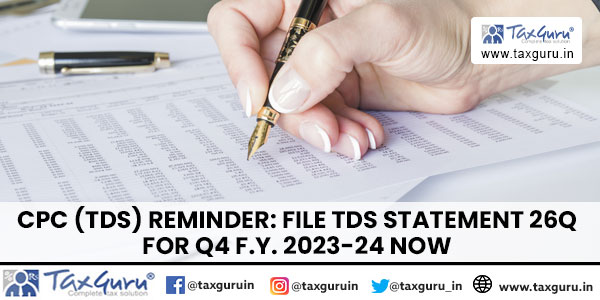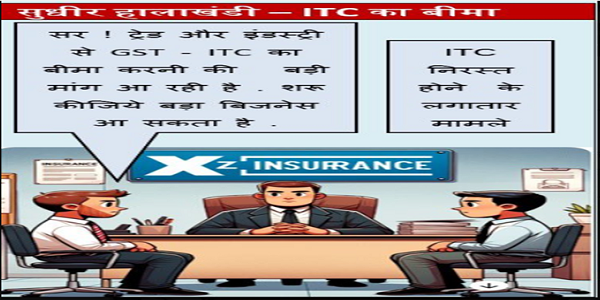1. Introduction:
Employees stock option Plan is governed under section 62 (1) (b) of the Companies Act’ 2013, where at any time a company having a share capital proposes to increase its subscribed capital by the issue of further shares, such shares may be offered to employees under a scheme of employee stock option, subject to special resolution passed by the company and subject to such conditions as may be prescribed.
2. Important Definitions:
Grant: Means issue of option to the employees under ESOS.
Vesting: It is the process by which the employee is given the right to apply for shares of the company against the option granted to him in purchase of employee in pursuance of employee stock option scheme (ESOS)
Vesting Period: It is the time period during which the vesting of the option granted to the employee on pursuance of ESOS takes place.
Option: Option means a right but not an obligation granted to an employee in pursuance of ESOS to apply for shares of the company at a pre-determined price.
Exercise Period: It is the time period after vesting within which the employee should exercise his right to apply for shares against the option vested in him in pursuance of the ESOS.
Intrinsic Value: It is the excess of the market price of the share under ESOS over the exercise price of the option (including up-front payment, if any).
Fair Value: It is the amount for which stock option granted or a share offered for purchase could be exchanged between knowledgeable, willing parties in an arm’s length transaction.
Grant date: The date at which the entity and another party (including an employee) agree to a share-based payment arrangement, being when the entity and the counterparty have a shared understanding of the terms and conditions of the arrangement. At grant date the entity confers on the counterparty the right to cash, other assets, or equity instruments of the entity, provided the specified vesting conditions, if any, are met. If that agreement is subject to an approval process (for example, by shareholders), grant date is the date when that approval is obtained.
Intrinsic value: The difference between the fair value of the shares to which the counterparty has the (conditional or unconditional) right to subscribe or which it has the right to receive, and the price (if any) the counterparty is (or will be) required to pay for those shares. For example, a share option with an exercise price of ` 15, on a share with a fair value of 20, has an intrinsic value of 5.
Measurement date: The date at which the fair value of the equity instruments granted is measured for the purposes of this Ind AS. For transactions with employees and others providing similar services, the measurement date is grant date. For transactions with parties other than employees (and those providing similar services), the measurement date is the date the entity obtains the goods or the counterparty renders service.
Performance condition: A vesting condition that requires:
- the counterparty to complete a specified period of service (i.e. a service condition); the service requirement can be explicit or implicit; and
- specified performance target(s) to be met while the counterparty is rendering the service required in (a).
The period of achieving the performance target(s):
- shall not extend beyond the end of the service period; and
- may start before the service period on the condition that the commencement date of the performance target is not substantially before the commencement of the service period.
A performance target is defined by reference to:
- the entity‘s own operations (or activities) or the operations or activities of another entity in the same group (i.e. a non-market condition); or
- the price (or value) of the entity‘s equity instruments or the equity instruments of another entity in the same group (including shares and share options) (ie a market condition).
A performance target might relate either to the performance of the entity as a whole or to some part of the entity (or part of the group), such as a division or an individual employee

Service condition: A vesting condition that requires the counterparty to complete a specified period of service during which services are provided to the entity. If the counterparty, regardless of the reason, ceases to provide service during the vesting period, it has failed to satisfy the condition. A service condition does not require a performance target to be met.
Share option: A contract that gives the holder the right, but not the obligation, to subscribe to the entity‘s shares at a fixed or determinable price for a specified period of time.
Vest: To become an entitlement. Under a share-based payment arrangement, a counterparty‘s right to receive cash, other assets or equity instruments of the entity vests when the counterparty‘s entitlement is no longer conditional on the satisfaction of any vesting conditions.
Vesting condition: A condition that determine whether the entity receives the services that entitle the counterparty to receive cash, other assets or equity instruments of the entity, under a share-based payment arrangement. A vesting condition is either a service condition or a performance condition.
Vesting period: The period during which all the specified vesting conditions of a share-based payment arrangement are to be satisfied.
Equity instruments: Which means a residual interest in asset & liability of the company will include:
1. Ordinary shares
2. Redeemable preference shares
Vesting conditions: means the criteria which is to be fulfilled (if it is required as per the share based agreement) in order to get such Shared based payment.
3. Recognition:
An entity shall recognise the goods or services received or acquired in a share-based payment transaction when it obtains the goods or as the services are received. The entity shall recognise a corresponding increase in equity if the goods or services were received in an equity-settled share-based payment transaction.
The recognition will depend on vesting conditions, if any (in certain cases there will not be any vesting condition). It means, if there are certain conditions either service related or performance related which needs to be completed in order to be eligible for such Share based payments, then recognition will be based on the best estimate of the expected vesting value of such share-based payments.
Example:
An entity has given 100 stock options to each of its 1,000 employees for those who will remain in service for next 4 years. The grant date was 1st January, 20X1. The condition to remain in service shows that the stock option has been given for the services to be provided in the next 4 years; hence at the end of each year, the entity will estimate the expected number of employees.
Note:
In case of employee it is required by the standard to use fair value of equity granted because it is practically not possible to identify the fair value of the services rendered by the employees.
Measurement principle for equity—settled
| Counter Party | Measurement Basis | Measurement Dates | Recognition Dates |
| Employee
|
Fair Value of Equity instrument awarded | Grant Date | Date Goods or Services received |
Example:
XYZ Pvt Ltd granted to its employees, share options with a fair value of 1,00,000 on 1st April, 2021, if they remain in the organization up to 31st March, 2024. On 31st March, 2022, XYZ Pvt. Ltd L expects only 100% of the employees to remain in the employment. On 31st March, 2023, company expects 100% of the employees to remain in the employment. And On 31st March, 2024, company expects 100% of the employees to remain in the employment.
| Period | Proportion | Fair Value | Vested % | Expenses to recognised |
| 31-03-2022 | 1/3 | 1,00,000 | 100% | 1,00,000/3 = Rs.33,333 |
| 31-03-2023 | 1/3 | 1,00,000 | 100% | 1,00,000/3 = Rs.33,333 |
| 31-03-2023 | 1/3 | 1,00,000 | 100% | 1,00,000/3 = Rs.33,333 |
4. Classification of Employee Share Based Plan
Employee share-based payment plans are classified into the following categories:
Equity-settled: Under these plans, the employees receive shares.
Cash-settled: Under these plans, the employees receive cash based on the price (or value) of the enterprise’s shares.
Employee share-based payment plans with cash alternatives: Under these plans, either the enterprise or the employee has a choice of whether the enterprise settles the payment in cash or by issue of shares.
5. Measurement of Fair Value
An enterprise should measure the fair value of shares or stock options granted at the grant date, based on market prices if available, taking into account the terms and conditions upon which those shares or stock options were granted. If market prices are not available, the enterprise should estimate the fair value of the instruments granted using a valuation technique to estimate what the price of those instruments would have been on the grant date in an arm’s length transaction between knowledgeable, willing parties. The valuation technique should be consistent with generally accepted valuation methodologies for pricing financial instruments (e.g., use of an option pricing model for valuing stock options) and should incorporate all factors and assumptions that knowledgeable, willing market participants would consider in setting the price.
6. Valuation of Shares:
Fair value measurement of share to be done by registered valuer as per valuation techniques.






























